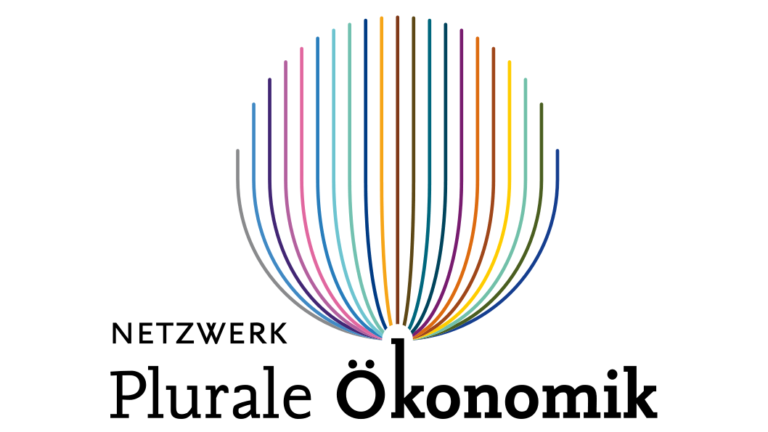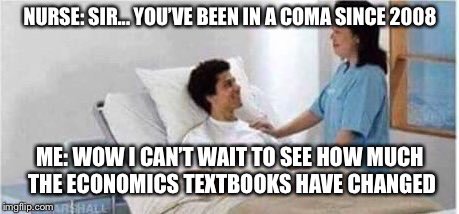Wirtschaftsuniversität Wien
Socio-Ecological Economics and Policy, SEEP (Master of Science)
The study is based on a variety of approaches: economic, sociological, ecological, political and law-based concepts. It is critical to neoclassical economics, focusing rather on ecological and institutional economics, but it does not majorly deal with the application of economic concepts (like conveying skills about specifying alternative models on wage lead profit regimes) – rather it tackles contemporary policy challenges from a socio-ecological point of view. Inputs and class sessions are mostly based on theoretical concepts and examples of policies, empirical courses are offered as well (statistical coursework or either agent-based modelling), but not explicitly econometrics. Concentration areas (students choose 2 out of 4), lasting from 2nd to 3rd term:
- Environmental change and policy: non-orthodox approaches to environmental problems, social movements, different approaches to environmental valuation (environmental accounting, decoupling, systems modelling and scenario development)
- Globalization and Multi Level Policy: Analysis of policy challenges on multi-structured levels (regional, national, supranational), including theories of power, legal concepts, governance issues. Examples are given by extractive industries, glyphosate debate, EU trade policies, public housing service, social innovation.
- Globalization and Social Policy: 2nd term is an introduction to the field, about economics of social policy, challenges in a globalised condition and case studies selected by students (elaborated in a presentation and a little paper). 3rd term is entirely dedicated to write a scientific paper that should fulfill the requirements of getting published.
- Population, Human Capital and Policy: overview and calculation of demographic indicators, data and methods, in the 3rd term simple projections of populations and human capital formation are conducted.
Erfahrungsbericht:
„I appreciate SEEP for its critical thoughts that course material, teachers, and student debates have sparked in my mind. It offers room for good readings, methodological progress and insightful discussions while Vienna as educational hub offers lots of opportunities for exploring further interests attending diverse courses, participating in political groups or start-ups (like in the field of social innovation and sustainability). While the study programme tackles challenges rather on a policy than on an economic level the way of combining ecological and social issues is well incorporated. By taking up feedback from every cohort it can be seen as very a progressive studies programme, with a very unique atmosphere regarding the social activities among SEEPers that foster their group spirit and make the time of studying a joyful and intense one.“
„I will be honest to say that I started SEEP with mixed feelings. But as I’m writing I realize how happy and confident I feel about my choice. In short, I value SEEP for its students, contents and location. SEEP students are highly motivated, engaged and purpose driven; people I look forward to working with during SEEP courses and beyond. You will learn from their diverse personal, educational and professional backgrounds whilst sharing a passion to critically evaluate what underlies the multiple crises that we face and how we can address them. Following a general introduction into a large range of topics the program offers a diverse spectrum for specialization. This allows you to approach policy challenges on a more practical as well as deeply theoretical level, depending on your preferences and interests. The program is special in its attempt to bring together in-depth critical thinking with everyday activism and policy action. Finally, Vienna is a breeding ground for (Socio)-Ecological Economics and offers many opportunities to engage in diverse fields of political activism, new forms of business and start-ups and other academic programmes.“
Website des Studiengangs:
https://www.wu.ac.at/en/programs/masters-programs/socio-ecological-economics-and-policy/overview/
Informationsstand: 14/11/2023


